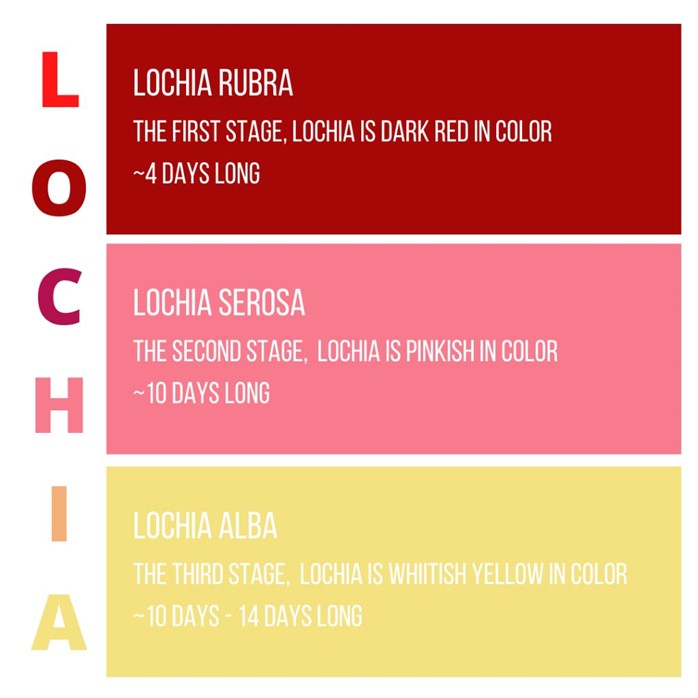Here is the edited text:
An older client recently transferred to a rehabilitation facility after aortic valve replacement surgery is experiencing anxiety and difficulty adjusting to the transition. The healthcare provider prescribes an antidepressant and a mild sedative for sleep. Which intervention is most important for the nurse to include in the client's plan of care?
Obtain a blood pressure reading before the client gets out of bed.
Monitor and record the client's urinary output every day.
Provide the client with teaching regarding a cardiac diet.
Assess the client's vital signs every 4 hours when awake.
The Correct Answer is A
Choice A: Obtain a blood pressure reading before the client gets out of bed. This is the most important intervention, as it can prevent or detect orthostatic hypotension, which is a drop in blood pressure when changing position from lying to standing. Orthostatic hypotension can cause dizziness, fainting, or falls, and it can be caused by medications, dehydration, or cardiac problems.
Choice B: Monitor and record the client's urinary output every day. This is not the most important intervention, as it does not address the client's anxiety or adjustment issues. The urinary output should be monitored for signs of fluid balance, kidney function, or infection, but it is not a priority for this client.
Choice C: Provide the client with teaching regarding a cardiac diet. This is not the most important intervention, as it does not address the client's anxiety or adjustment issues. The cardiac diet should be taught to promote heart health, lower cholesterol, and reduce sodium intake, but it is not a priority for this client.
Choice D: Assess the client's vital signs every 4 hours when awake. This is not the most important intervention, as it does not address the client's anxiety or adjustment issues. The vital signs should be assessed for signs of infection, pain, or hemodynamic instability, but they are not a priority for this client.
Nursing Test Bank
Naxlex Comprehensive Predictor Exams
Related Questions
Correct Answer is A
Explanation
Choice A is correct because a distended bladder can displace the uterus and prevent it from contracting properly, leading to increased bleeding and risk of infection. The nurse should check for a distended bladder and assist the client to empty it if needed.
Choice B is incorrect because reviewing the hemoglobin is not a priority action. The hemoglobin may not reflect the current blood loss and may be done later.
Choice C is incorrect because massaging the uterus is not necessary if it is firm. Massaging a firm uterus can cause overstimulation and pain.
Choice D is incorrect because increasing intravenous infusion is not a priority action. The client may not need additional fluids if the bleeding is moderate and the vital signs are stable.

Correct Answer is A
Explanation
Choice A is correct because a quiet, non-stimulating environment can help reduce the agitation, confusion, and hallucinations that are common in alcohol withdrawal delirium. The nurse should also provide reassurance, orientation, and safety measures to the client.
Choice B is incorrect because forcing oral fluids and providing frequent small meals are not the most important interventions for a client with alcohol withdrawal delirium. The client may have difficulty swallowing, nausea, vomiting, or diarrhea that can interfere with oral intake. The nurse should monitor the client's hydration and nutrition status and provide intravenous fluids or supplements as needed.
Choice C is incorrect because confronting the client's denial of substance abuse is not the most important intervention for a client with alcohol withdrawal delirium. The client may not be able to comprehend or accept the reality of their situation due to their altered mental state. The nurse should avoid arguing or challenging the client and focus on providing supportive care.
Choice D is incorrect because encouraging attendance and group participation are not the most important interventions for a client with alcohol withdrawal delirium. The client may not be able to participate in group activities due to their severe withdrawal symptoms and may need individualized care. The nurse should facilitate referrals to appropriate resources for substance abuse treatment when the client is stable and ready.
Whether you are a student looking to ace your exams or a practicing nurse seeking to enhance your expertise , our nursing education contents will empower you with the confidence and competence to make a difference in the lives of patients and become a respected leader in the healthcare field.
Visit Naxlex, invest in your future and unlock endless possibilities with our unparalleled nursing education contents today
Report Wrong Answer on the Current Question
Do you disagree with the answer? If yes, what is your expected answer? Explain.
Kindly be descriptive with the issue you are facing.
